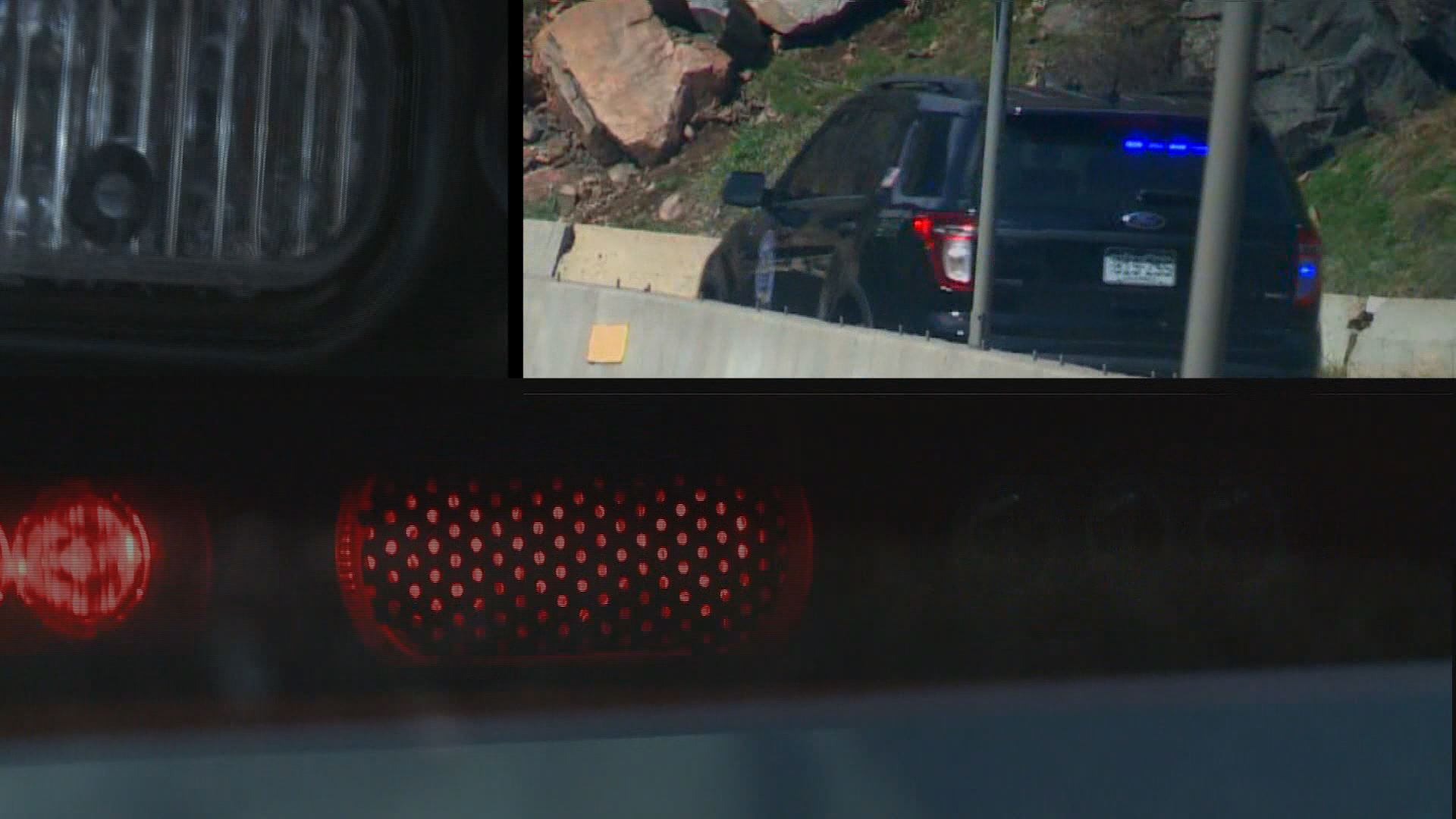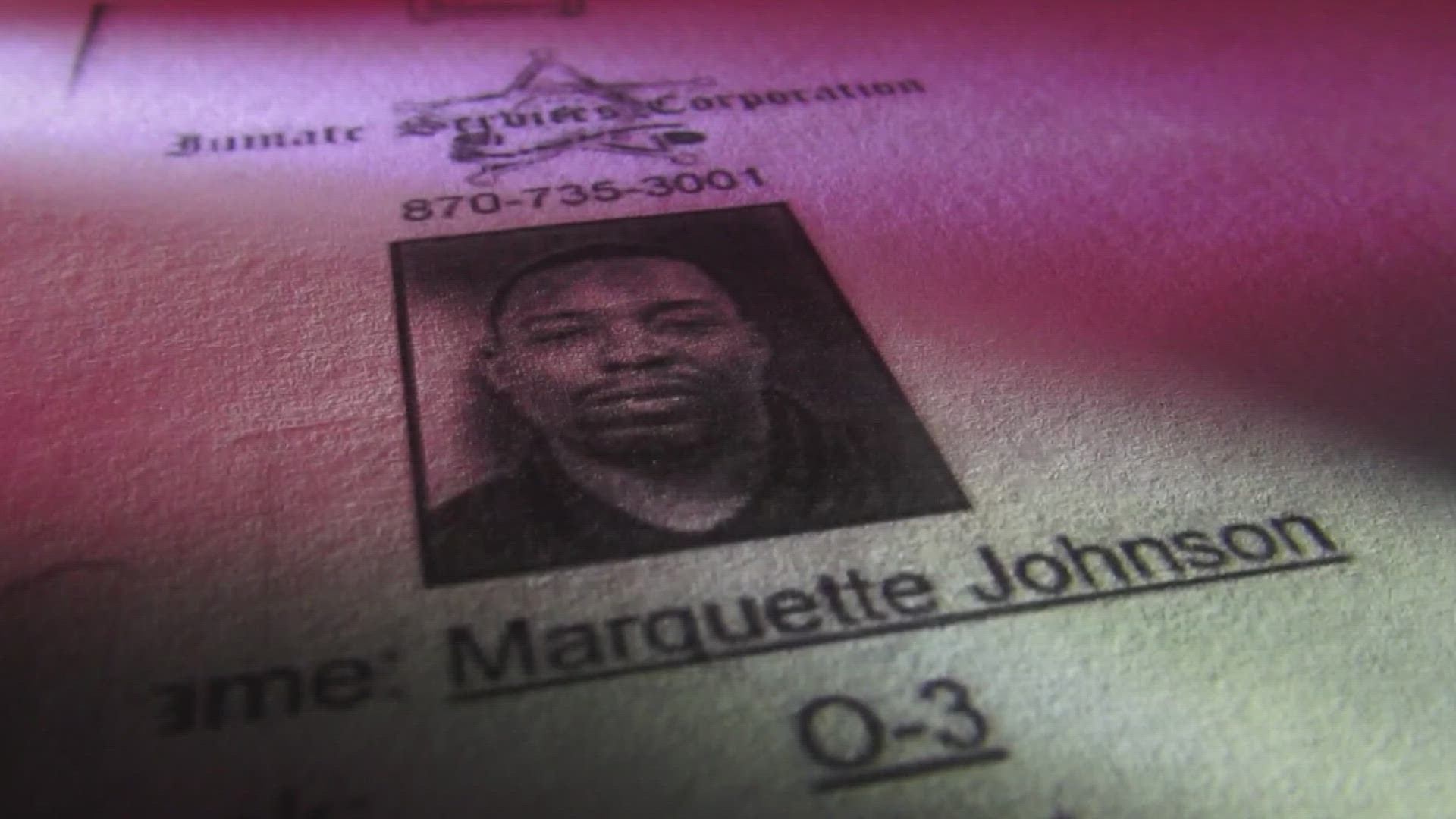DENVER-Numerous Colorado towns are citing drivers so often that court fees and fines bring in 30 to 90 percent of their revenue, a joint investigation by 9Wants to Know and I-News at Rocky Mountain PBS found.
Towns with high percentages of ticket revenue strongly assert the ticketing is for public safety while civil rights groups, some lawmakers and academics believe ticketing can become "taxation by citation," and lead to unjustified citations and traffic stops.
"What are departments really trying to do here?" asked Lonnie Schaible, a CU Denver professor who studies police policy. "Are they concerned with trying to promote public safety or is it really a revenue generating tool?"
"The last thing we want to do is traffic accidents," Lt. Anthony Joiner of the Morrison Police Department said. "That's one of the most horrifying things an officer can experience."
This week, 9Wants to Know will profile the top four towns that make the biggest percentages of revenue from fines and court fees. Forty towns that make above the state average of four percent will also be revealed in an interactive map.
The investigation involves an extensive financial analysis of 270 towns and cities across the state, numerous records requests, hundreds of miles driven and multiple interviews with mayors, board members and police officers.
The data used in this investigation is based on budgets from 2013, the most recent year in which data is comprehensively available for all towns and cities.
A proposed cap to stop "taxation by citation"
Missouri Congressman Emanuel Cleaver (D-Kansas City) is proposing a federal law that would put a 30 percent cap on ticket and court fee revenue for cities across the country.
"You cannot allow police to do taxation by citation," Cleaver told 9NEWS. "It's un-American. In most states there is already a ceiling on what you can do on a sales tax or property tax."
Cleaver said he came up with the legislation after it was reported police and courts in and around Ferguson were "policing for profit."
Towns that would violate his proposed Fair Justice Act could become the focus of a Department of Justice investigation for civil rights violations and potentially lose any federal funding, like grants for police departments.
In Colorado, there is no such legislation. Georgia, Florida, Missouri and Oklahoma have current or pending state laws that could affect how much towns rake in on ticket revenues.
"I don't think it's the purview of the state or the federal government to determine those standards," said Sam Mamet, executive director of the Colorado Municipal League.
The CML doesn't take a position on high levels of ticket revenue, but said voters within those towns should have the final say about standards.
"In some of these communities, they may not have a strong retail base, they may not have a strong residential base in which property taxes arise," Mamet said.
"You have to ask, what kind of incentives and what kind of pressures are put on the enforcers to write a certain number of tickets?" asked Mark Silverstein of the ACLU in Colorado. "I think there's a tremendous risk that there's least respect for law enforcement when they're viewed as revenue collectors."
Silverstein said municipal court fees that are stacked on initial ticket costs can often snare low-income drivers into financial quicksand.
In one case that will be profiled this week, a woman cited for a "defective tire" in one Colorado town was jailed for 12 hours for failing to appear in court and now owes double than her original citation thanks to fines and court fees.
Public records obtained by 9Wants to Know in her case indicates she didn't receive the official notice of a warrant until a week after her release because of confusion over her address.
Mayors and police: "It's about public safety"
In the towns visited by 9Wants to Know, every mayor who spoke on camera claimed their policing efforts were focused primarily on curbing dangerous speeds and that there is no intent to generate revenue.
In some of the towns to be profiled this week, busy highways run through neighborhoods where drivers are breaking speed limits set by the state.
"It is not about making the town money," Lt. Joiner said. "Our goal is safety."
POLL:
9Wants to Know if you think there should be a law that would place a budget cap on ticket fines and court fees that cities and towns can collect.
Vote in this web poll from 6 p.m. to 10:15 p.m.
Results of the poll will be announced during 9NEWS at 10 p.m.
AIRING THIS WEEK:
Monday at 4 p.m.: Town pays for entire police department on tickets given to out-of-towners
Monday at 9 and 10 p.m.: How far will a city go to collect its money?
Tuesday at 9 and 10 p.m.: A speed trap you can see from space
Wednesday at 9 and 10 p.m.: What happens when a city cuts back on writing tickets?
Thursday at 9 and 10 p.m.: The Colorado town that only exists because of ticket revenue
(KUSA-TV © 2015 Multimedia Holdings Corporation)


